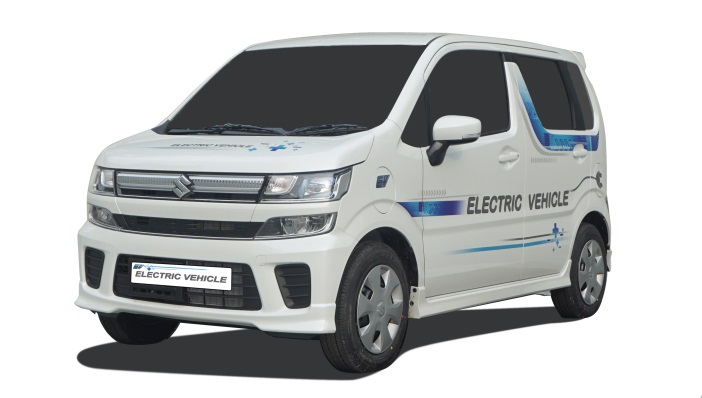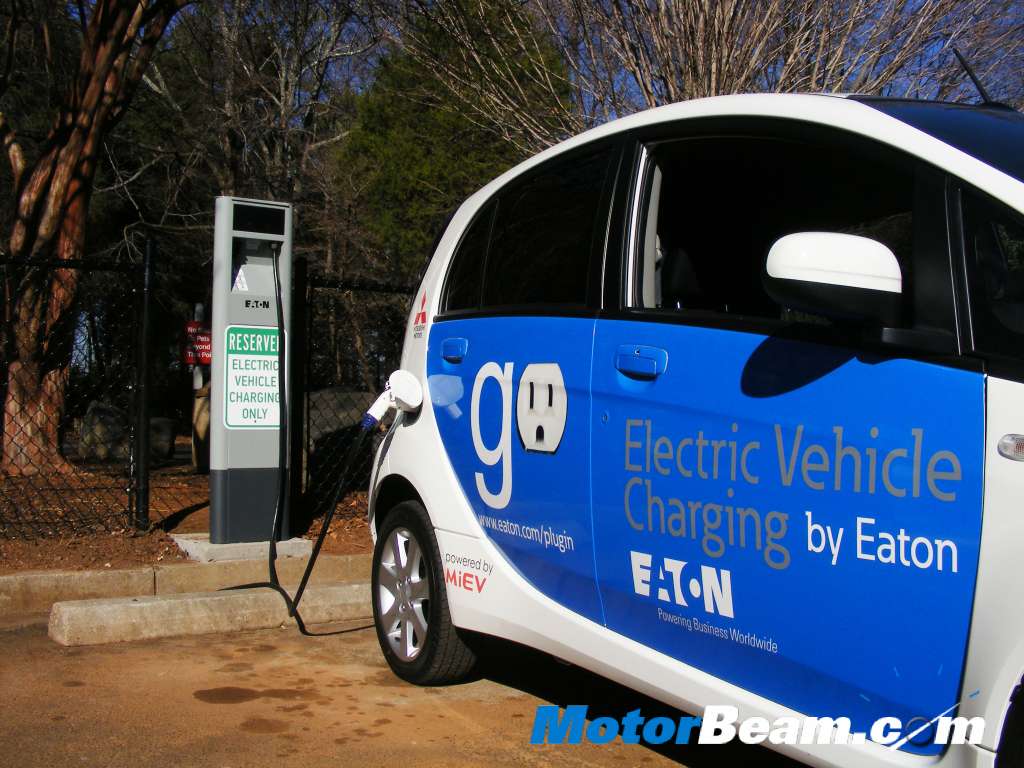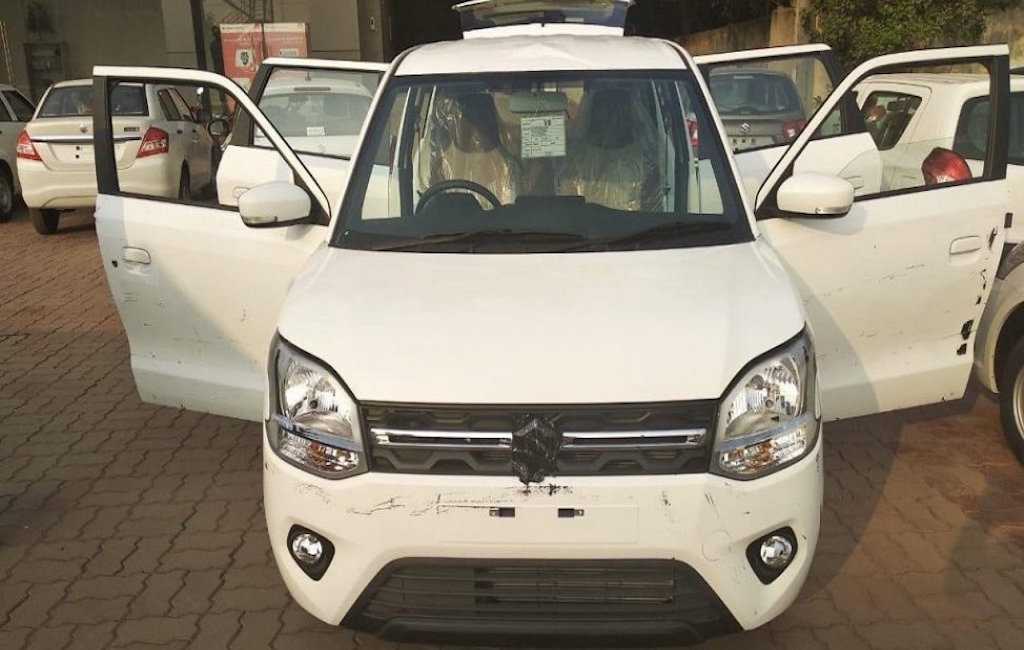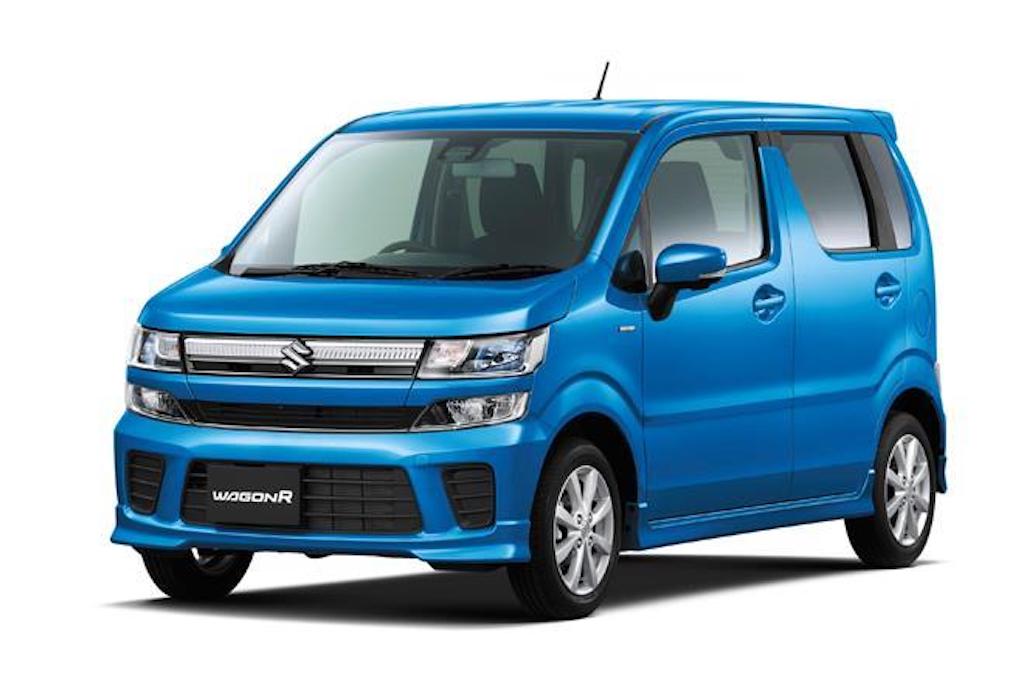Maruti Suzuki is currently struggling to surpass some major hurdles in EV adoption.

Maruti Suzuki, in partnership with Toyota had announced their plan to launch an EV in India by 2020. The company is now going through a tough time to make it happen. This is due to three factors that the manufacturer has pointed out- cost, charging infrastructure and customer acceptance.
The company started testing EVs in India in September last year. The testing fleet comprises of 50 Wagon R based EV prototypes which were developed by Suzuki Corporation in Japan. Through these tests, the company is trying to understand the range, cost and charging time under the Indian usage cycle. It is understood that a mass segment EV is likely to cost around 2.5 times more than the same vehicle powered by a conventional engine. This makes even the commercial sector’s adoption very difficult.
The second hurdle, i.e. the charging infrastructure is currently nowhere as good as it needs to be. About 60% of people don’t own a private parking space to charge their vehicles. With no widespread network of charging stations in the country, it will make charging their electric cars very difficult for the majority of people.
The new FAME II scheme does not have any incentives for private buyers of EVs. This is a clear indication that even the government doesn’t believe that mass adoption of EVs in the private sector will be happening for a few years. Regardless of that, Maruti is still rigorously testing their prototypes.
Maruti EV Launch
– The company is testing a fleet of 50 EV prototypes in India
– Cost, charging infrastructure and mass adoption delaying EVs
– Electric cars may end up costing 2.5 times more than their conventional alternatives
– FAME II scheme doesn’t have incentives for private buyers

Source – ETAuto.com




